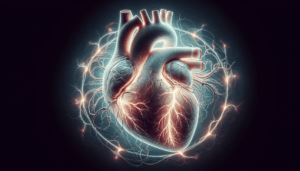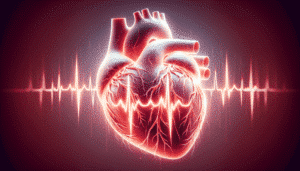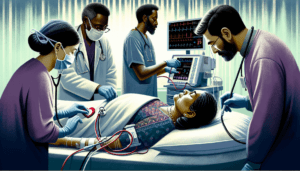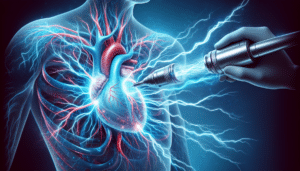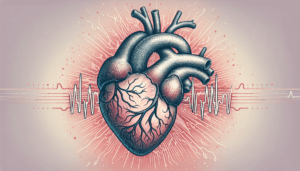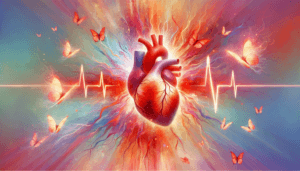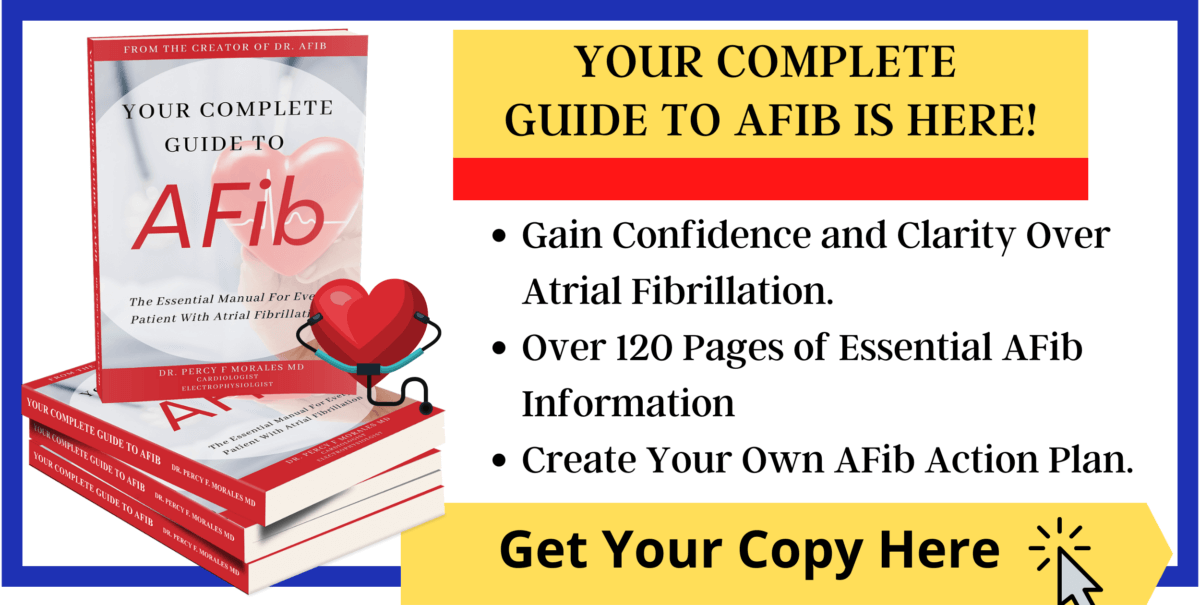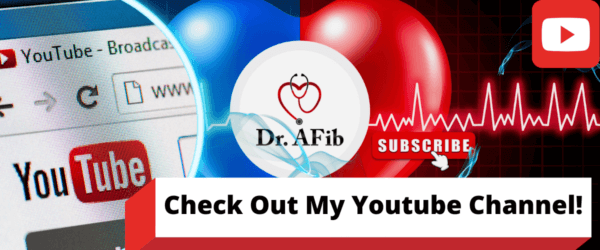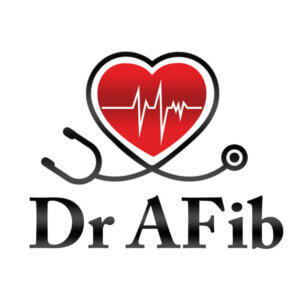If your heart is racing or fluttering, you might suspect dehydration is at play. But can dehydration cause heart palpitations? In this article, we’ll explore how a lack of fluids can lead to a faster heartbeat and what preventative measures can keep your rhythm regular.
Key Takeaways
- Dehydration can trigger heart palpitations due to a decrease in blood volume leading to low blood pressure and faster heartbeats in an attempt to sustain oxygen delivery.
- Electrolyte imbalances, especially low levels of potassium and magnesium, contribute to the irregular heart rhythms known as palpitations, highlighting the importance of maintaining proper hydration and electrolyte levels.
- It’s crucial to differentiate heart palpitations caused by dehydration from those caused by other sources, and persistent or severe palpitations should prompt medical attention.
Dehydration and Heart Palpitations: The Link
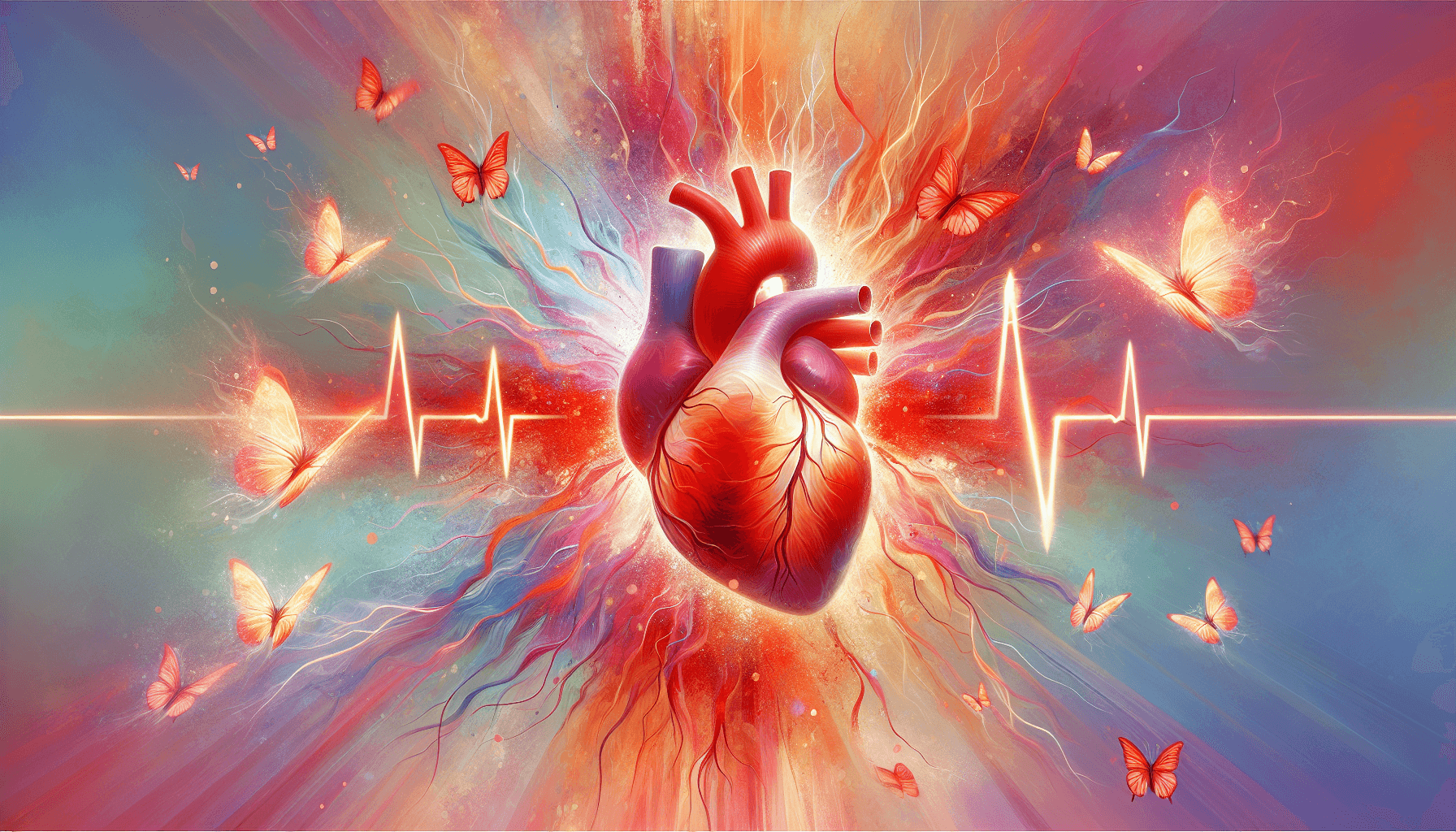
Have you questioned why prolonged summer days can sometimes make your heart feel as if it’s attempting to escape from your chest? Interestingly, dehydration can trigger heart palpitations by overworking our hearts. A decrease in blood volume is a result of dehydration, which subsequently causes low blood pressure and prompts our hearts to beat faster to sustain oxygen delivery. It’s like pressing the gas pedal on your car when you’re running low on fuel; it demands more effort to keep up the pace. This can manifest as a rapid heart rate, an irregular heartbeat, or that unsettling feeling of your heart skipping a beat.
Fluid Loss and Its Effects on Heart Health
Visualize your bloodstream as a river. When rainfall is insufficient, the river’s level dwindles, and the fish find it challenging to swim. That’s what happens to our heart when our fluid levels drop. The heart has to beat faster and harder to keep the blood circulating, which can lead to an elevated heart rate and, you guessed it, heart palpitations.
Moreover, dehydration thickens our blood by retaining excess sodium, causing our heart muscle to exert more effort, which could potentially trigger palpitations, elevate blood pressure, or even impact low blood sugar levels.
Electrolyte Imbalance: The Role of Potassium
Electrolytes are like the spark plugs in our body’s engine, and potassium is one of the most important for keeping our heart rhythm steady. An electrolyte imbalance, particularly low potassium, can disrupt the electrical activity of the heart, leading to those irregular heart rhythms we call palpitations.
Electrolytes, including potassium, play a significant role in hydration, muscle contraction, and the nervous system. Maintaining a balanced electrolyte level is fundamental in averting heart palpitations.
Low Magnesium and Its Impact on Heart Palpitations
Magnesium is the body’s mineral maestro, conducting the electrical orchestra that keeps our hearts beating in rhythm. When we’re dehydrated, our magnesium levels can hit a sour note, leading to heart palpitations. This essential mineral helps our heart muscle relax after contracting, so a deficiency can cause the heart to twitch or spasm, creating a sensation similar to a fluttering or a skipped beat.
Dehydration exacerbates the problem, as the body’s fluids become more concentrated, and magnesium becomes scarcer, making it harder for the heart to maintain its natural rhythm. It’s like trying to play a piano with sticky keys—the melody is off, and the rhythm is unpredictable.
To keep the music flowing smoothly, it’s important to maintain adequate magnesium levels, especially when dehydrated. Foods rich in magnesium, such as nuts, seeds, leafy greens, and whole grains, can help tune up your heart’s rhythm. And, in times of dehydration, a balanced electrolyte solution may be necessary to restore harmony to your heart’s beat.
Blood Flow Reduction: Strain on the Heart
When dehydration strikes, it’s akin to a kink in a garden hose; the reduced blood flow puts extra strain on the heart as it tries to pump blood through narrowed blood vessels. The heart subsequently engages in what can be likened to a cardiovascular exercise, pumping rapidly to sustain blood flow, potentially leading to heart palpitations. It’s a heroic effort to keep vital organs supplied with blood, but it can also signal that it’s time to hydrate before things get more serious.
Recognizing Dehydration-Induced Heart Palpitations
Heart palpitations can feel like your heart is pounding out of your chest, racing to beat the world record or fluttering like a bird in a cage. They have a knack for showing up at the least convenient times, whether you’re nestled comfortably on your couch or mid-stride on your morning jog.
If you experience heart palpitations, which can be a symptom of heart rhythm disorders, it might be your body’s distress signal indicating a deficiency in fluids or electrolytes. These palpitations can vary from a mere annoyance to a thundering hoofbeat in your chest, especially if you’re already navigating the hurdles of severe dehydration.
Distinguishing Dehydration from Other Causes
While dehydration cause heart palpitations, it’s not the only culprit out there. Heart palpitations can spring from a variety of sources, including:
- the adrenaline rush of a scary movie
- the caffeine effects of your morning coffee
- certain medications
- conditions like an overactive thyroid or anemia
- heart arrhythmias such as atrial fibrillation or SVT
These factors can set off this internal alarm bell, potentially leading to other symptoms.
But if you’ve been skimping on fluids and start feeling those telltale signs of your heart doing the tango, it’s a good bet that dehydration is the behind the scenes, especially if you’re also dealing with other severe dehydration symptoms like muscle cramps or a dry mouth.
Severe Dehydration Symptoms and Risks

Severe dehydration extends beyond mere thirst; it’s a critical situation. Imagine your heart pounding rapidly, the drumbeat of your body’s distress signal. It’s one of the severe dehydration symptoms that demand immediate attention. Muscle cramps might start staging a rebellion, and your blood pressure could drop, sending you into a fainting spell or, in the worst cases, shock.
If your thoughts start to feel as muddled as a thick fog, that’s your brain crying out for moisture, a serious cognitive symptom that can land you in the hospital for urgent rehydration.
Preventing Dehydration and Heart Palpitations
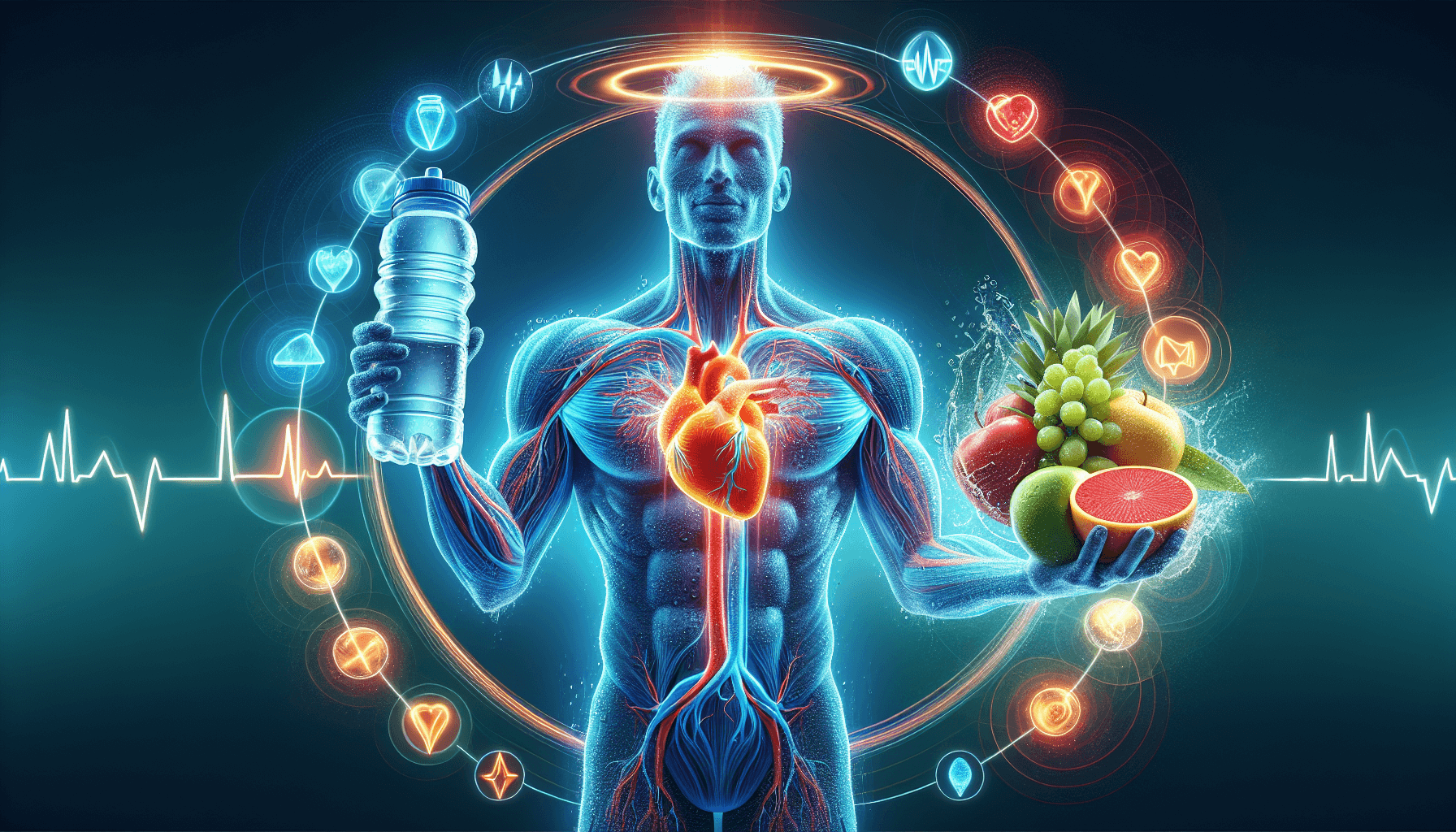
Imagine a world where heart palpitations are but a distant memory, a nuisance that you’ve successfully banished with the power of hydration and lifestyle choices. Preventing dehydration and heart palpitations is like maintaining any other aspect of your health; it requires mindfulness and consistent action.
Maintaining hydration before, during, and after physical effort is fundamental for prevention, and keeping an eye on your fluid intake is essential to sustain a healthy, steady heart rhythm.
Hydration Strategies: Fluid Intake and Electrolyte Balance
How can we strike the perfect balance in this health symphony? By starting simple:
- Strive to consume those eight glasses of water daily to ward off dehydration and keep your urine a light, healthy color.
- Foods like watermelon and cucumbers can be your hydration sidekicks.
- If you’ve been sweating buckets or feeling under the weather, sometimes a sports drink or electrolyte mix is just what the doctor ordered to rebalance those critical nutrients.
Remember, proper hydration isn’t just about the quantity of water; it’s the quality of your fluids and foods that keep your electrolytes dancing to the right beat.
Water vs. Electrolyte Drinks: Treating Palpitations from Dehydration
When it comes to quenching your body’s thirst and treating palpitations caused by dehydration, the choice between water and electrolyte drinks can make a significant difference. While water is the cornerstone of rehydration, restoring the balance of fluids in your body, electrolyte drinks may offer a superior solution when it comes to treating heart palpitations.
Electrolyte drinks are specifically formulated to replenish the minerals and salts lost through sweat, which water alone cannot replace. These drinks can be particularly effective in treating palpitations as they provide the necessary ions that help regulate heart function and maintain a steady heartbeat.
However, it’s important to be selective with the type of electrolyte drink you choose. Many sports drinks on the market contain high levels of sugar, which can lead to other health issues and may not be the best option for everyone. Instead, opt for electrolyte solutions with lower sugar, or electrolyte packets, to ensure you’re getting the benefits without the unnecessary added sugars.
In summary, while water is essential for overall hydration, electrolyte drinks can offer targeted support for the heart’s electrical activity, potentially making them a better choice for treating dehydration-induced palpitations. Just remember to steer clear of sugary sports drinks and look for healthier options that support your heart health.
Lifestyle Habits: Exercise, Diet, and Stress Management
Now, let’s fine-tune the rest of our lifestyle habits to prevent heart disease. Here are some tips to consider:
- Frequent exercise, especially in the heat, can make you sweat out more than just your stress; it can deplete your body’s fluid reserves, impacting heart health.
- Embrace a balanced diet that supports your heart.
- Manage stress so it doesn’t manage you.
- Cut back on those little vices that might be doing more harm than good.
In the end, it’s these daily choices that compose the melody of a healthier lifestyle and a happier heart.
When to Seek Medical Attention
However, what happens if despite doing everything right, your heart still veers off course with palpitations? If accompanying symptoms like chest pain, difficulty breathing, or fainting enter the scene, it’s time to seek immediate medical attention. Even if dramatic symptoms don’t make an appearance, persistent palpitations that last for more than a few seconds are a cue to get checked out by a healthcare professional.
It’s like hearing an odd noise in your car’s engine; better to have a mechanic take a look before you’re stranded on the side of the road, or in this case, before more serious health issues, such as a heart attack, can develop.
Treatment Options for Dehydration-Related Heart Palpitations
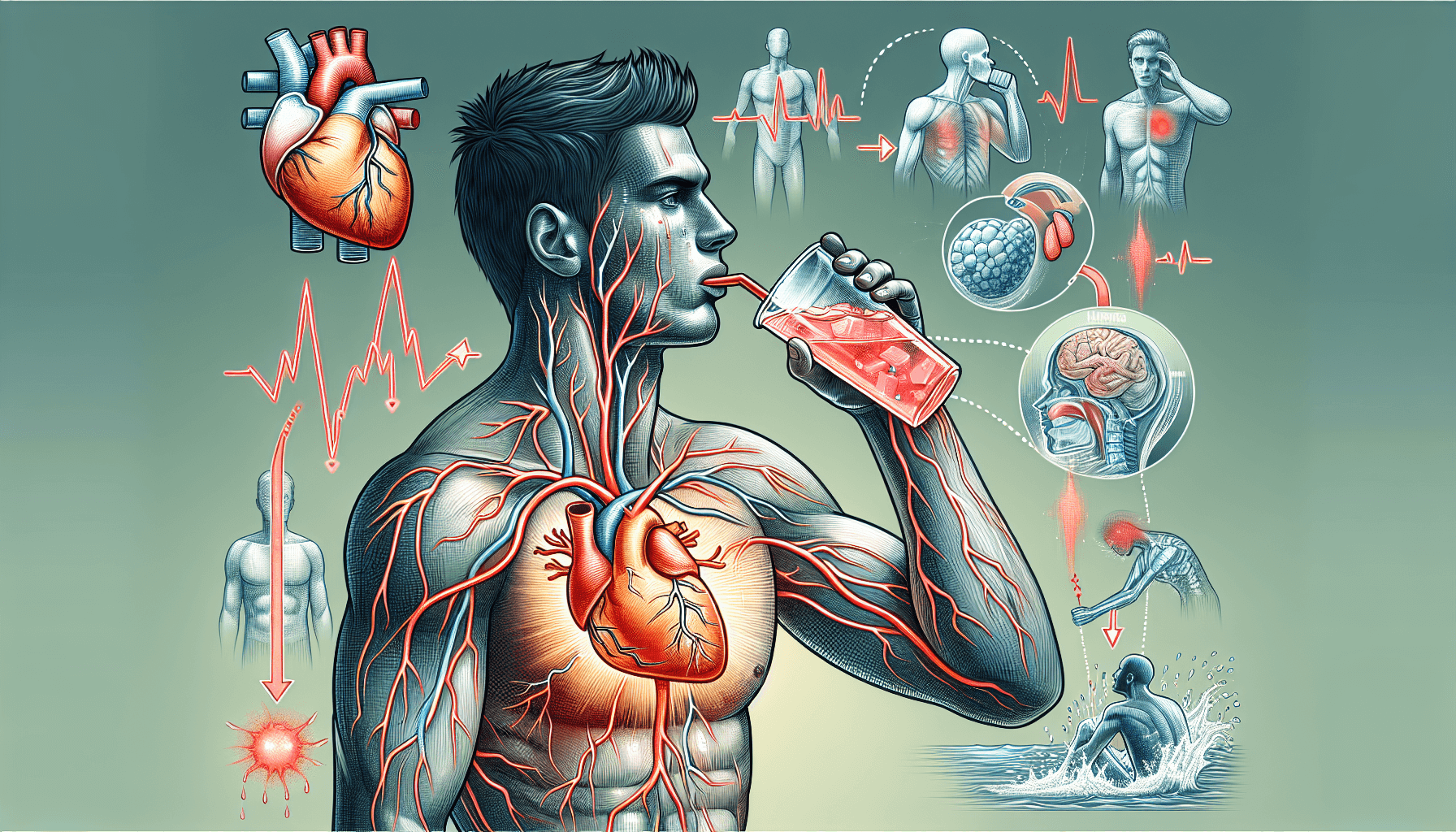
If dehydration is the cause of your heart palpitations, don’t worry, the power of hydration is here to rectify the situation. Rehydrating with good old H2O or electrolyte-rich beverages can help restore the peace in your chest. In cases where severe dehydration has the upper hand, a trip to the hospital for IV fluids might be needed to quickly replenish your body’s water supply.
Unraveling and addressing the root causes is like detective work for your health, ensuring that with the right treatment, heart palpitations can be a plot twist of the past. Remember, the best strategy is prevention, and staying ahead of dehydration is a script worth sticking to.
Summary
As we conclude our journey into the realms of hydration and heart health, it becomes evident that the link between dehydration and heart palpitations is not merely a side story in the narrative of our well-being. By remaining attentive to our fluid intake and attuned to our body’s cues, we can compose a life free from the anxiety of irregular heartbeats. So, let’s toast (with a glass of water) to a future where each heartbeat signifies our dedication to proper hydration and a well-balanced lifestyle.
Frequently Asked Questions
Does drinking water help heart palpitations?
Yes, drinking water can help reduce heart palpitations by preventing dehydration and regulating the body’s functions, so it’s important to stay hydrated with six to eight 8-ounce glasses of water per day.
Do electrolytes help heart palpitations?
Yes, electrolytes help regulate the contraction and relaxation of the heart muscle, which can help prevent heart palpitations by maintaining a steady heartbeat. It’s important to maintain normal electrolyte levels through a balanced diet of salt, sugar, and water.
Can lack of fluids cause heart palpitations?
Yes, lack of fluids can cause heart palpitations because dehydration can decrease blood volume, forcing the heart to beat faster to maintain organ oxygen supply.
How do you stop heart palpitations from dehydration?
To stop heart palpitations from dehydration, rest in a cool location and drink water or electrolyte solution until your heart returns to normal rhythm. It’s also important to stay hydrated to prevent dehydration-related heart palpitations.
Can drinking too much water cause heart palpitations?
Yes, drinking an excessive amount of water in a short period can lead to low sodium levels in the blood, causing heart palpitations. However, low sodium from drinking too much water is overall rare. Most of the time our bodies do a great job in regulating water intake to avoid low sodium levels.
The Best Atrial Fibrillation Book
Your Complete Guide To AFib: The Essential Manual For Every Patient With Atrial Fibrillation

Shop AFib Products on Amazon
KardiaMobile 6-Lead Personal EKG Monitor – Six Views of The Heart – Detects AFib and Irregular Arrhythmias – Instant Results in 30 Seconds – Works with Most Smartphones - FSA/HSA Eligible
13% Off
KardiaMobile 1-Lead Personal EKG Monitor – Record EKGs at Home – Detects AFib and Irregular Arrhythmias – Instant Results in 30 Seconds – Easy to Use – Works with Most Smartphones - FSA/HSA Eligible
$79.00 (as of June 2, 2025 14:07 GMT -06:00 - More infoProduct prices and availability are accurate as of the date/time indicated and are subject to change. Any price and availability information displayed on [relevant Amazon Site(s), as applicable] at the time of purchase will apply to the purchase of this product.)
Apple Watch Series 9 [GPS 41mm] Smartwatch with Storm Blue Aluminum Case with Silver Sport Band M/L. Fitness Tracker, Blood Oxygen & ECG Apps, Always-On Retina Display
(as of June 2, 2025 07:18 GMT -06:00 - More infoProduct prices and availability are accurate as of the date/time indicated and are subject to change. Any price and availability information displayed on [relevant Amazon Site(s), as applicable] at the time of purchase will apply to the purchase of this product.)
Fitbit Sense 2 Advanced Health and Fitness Smartwatch with Tools to Manage Stress and Sleep, ECG App, SpO2, 24/7 Heart Rate and GPS, Shadow Grey/Graphite, One Size (S & L Bands Included)
20% Off
OMRON 2-in-1 Upper Arm Blood Pressure Monitor & 1-Lead EKG Monitor - Clinically Validated Blood Pressure Arm Cuff & Machine - Use OMRON Connect App
17% Off
Samsung Galaxy Watch 6 44mm Bluetooth Smartwatch, Fitness Tracker, Personalized HR Zones, Advanced Sleep Coaching, Heart Monitor, BIA Sensor, Health Wellness Insights, Big Screen, US Version, Graphite
52% Off $329.99 (as of June 2, 2025 19:34 GMT -06:00 - More infoProduct prices and availability are accurate as of the date/time indicated and are subject to change. Any price and availability information displayed on [relevant Amazon Site(s), as applicable] at the time of purchase will apply to the purchase of this product.)
Natural Rhythm Triple Calm Magnesium 150 mg - 120 Capsules – Magnesium Complex Compound Supplement with Magnesium Glycinate, Malate, and Taurate. Calming Blend for Promoting Rest and Relaxation.
$20.77 ($0.17 / Count) (as of June 2, 2025 16:17 GMT -06:00 - More infoProduct prices and availability are accurate as of the date/time indicated and are subject to change. Any price and availability information displayed on [relevant Amazon Site(s), as applicable] at the time of purchase will apply to the purchase of this product.)
Pure Encapsulations Magnesium (Glycinate) - Supplement to Support Stress Relief, Sleep, Heart Health, Nerves, Muscles, and Metabolism* - with Magnesium Glycinate - 180 Capsules
$44.60 ($0.25 / Count) (as of June 2, 2025 07:18 GMT -06:00 - More infoProduct prices and availability are accurate as of the date/time indicated and are subject to change. Any price and availability information displayed on [relevant Amazon Site(s), as applicable] at the time of purchase will apply to the purchase of this product.)
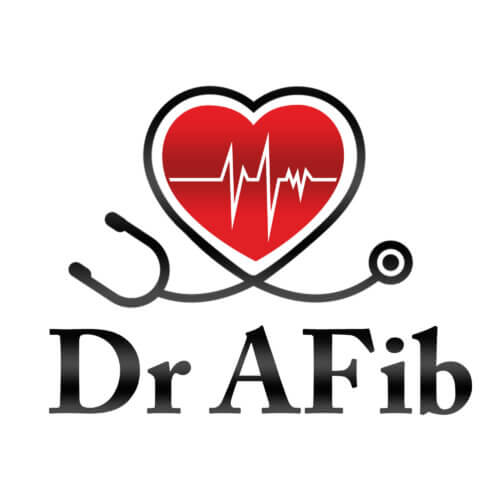
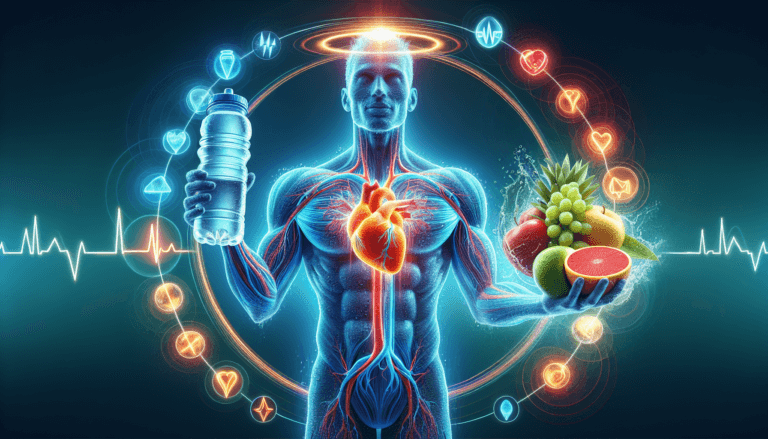













![Apple Watch Series 9 [GPS 41mm] Smartwatch with Storm Blue Aluminum Case with Silver Sport Band M/L. Fitness Tracker, Blood Oxygen & ECG Apps, Always-On Retina Display #1](https://m.media-amazon.com/images/I/311xwtp4mFL._SL100_.jpg)
![Apple Watch Series 9 [GPS 41mm] Smartwatch with Storm Blue Aluminum Case with Silver Sport Band M/L. Fitness Tracker, Blood Oxygen & ECG Apps, Always-On Retina Display #2](https://m.media-amazon.com/images/I/41j+8AaUGsL._SL100_.jpg)
![Apple Watch Series 9 [GPS 41mm] Smartwatch with Storm Blue Aluminum Case with Silver Sport Band M/L. Fitness Tracker, Blood Oxygen & ECG Apps, Always-On Retina Display #3](https://m.media-amazon.com/images/I/41jIyxZitnL._SL100_.jpg)
![Apple Watch Series 9 [GPS 41mm] Smartwatch with Storm Blue Aluminum Case with Silver Sport Band M/L. Fitness Tracker, Blood Oxygen & ECG Apps, Always-On Retina Display #4](https://m.media-amazon.com/images/I/41IpNJERjCL._SL100_.jpg)
![Apple Watch Series 9 [GPS 41mm] Smartwatch with Storm Blue Aluminum Case with Silver Sport Band M/L. Fitness Tracker, Blood Oxygen & ECG Apps, Always-On Retina Display #5](https://m.media-amazon.com/images/I/31o17yhfYpL._SL100_.jpg)





























